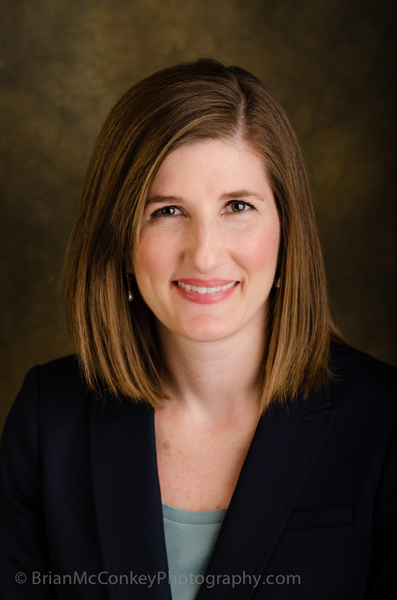
Loyola University Chicago
Maywood, IL
Dr. Katherine Wasson is an Associate Professor at the Neiswanger Institute for Bioethics in the Division of the Health Sciences, Loyola University Chicago where she is the Director of the Bioethics and Professionalism Honors Program. She has a PhD in Bioethics from the Whitefield Institute, Oxford and the Open University in the United Kingdom, a Master of Public Health from Johns Hopkins Bloomberg School of Public Health and a Bachelor of Arts from Gordon College. From 2002-2006, she was a Post-Doctoral Fellow in the Ethics of Prevention and Public Health track of the Cancer Prevention Fellowship Program at the National Cancer Institute (NCI). For more than 15 years, Dr. Wasson has worked with and taught a range of health professionals and students as an educator, researcher and clinical ethicist.
She has served on multiple Institutional Review Boards (IRBs) and Ethics Committees, including at Loyola University Chicago, The University of Texas M.D. Anderson Cancer Center and the NCI Special Studies IRB. She was a member of the Department of Health and Human Services Working Group on the Public Health Impact of Direct-to-Consumer Marketing of Genetic Tests and Services from 2005-2006. In the UK, she served on two national ethics committees and contributed to health policy consultations on care of the dying in the National Health Service, palliative care for non-cancer patients, and futility.
Dr. Wasson's research interests and publications encompass moral decision-making, palliative care ethics, equipoise, resource allocation, public health ethics, direct-to-consumer genetic testing, moral distress, and medical education. Her funded empirical research has included a study of primary care patients' views and decision-making considerations about direct-to-consumer genome testing and moral distress in burn intensive care nurses. Her funded conceptual research includes an analysis of human needs and wants in health care, resource allocation and rationing, and death, dying, grief and bereavement.